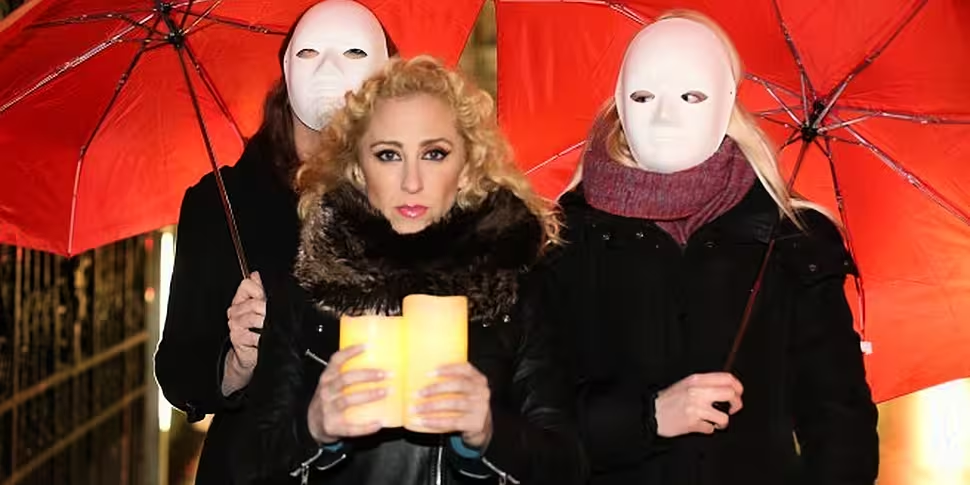The Criminal Law (Sexual Offences) Bill 2015 has passed through both Houses of the Oireachtas.
The Bill provides greater clarity in relation to the definition of sexual consent for the first time, and contains provisions including:
- New criminal offences to protect children against grooming; 
- New measures to protect children from online predators;  
- New and strengthened offences to tackle child pornography; 
- New provisions to be introduced regarding evidence by victims, particularly children; 
- New offences addressing public indecency; 
- A provision in relation to harassment Orders to protect victims of convicted sex offenders; 
- Provisions maintaining the age of consent to sexual activity at 17 years of age and for a new “proximity of age” defence; 
- A provision to criminalise the purchase of sexual services. 
- A statutory statement of the law as regards consent to sexual acts
However, several expert groups have expressed "grave concerns" with Part IV of the Bill. Part IV criminalises the purchase of sexual services and increases penalties for aspects of the work.
Expert reaction
Colm O’Gorman, Executive Director of Amnesty International Ireland said: "After two years of research and investigation, Amnesty International adopted a global position in favour of the decriminalisation of sex work and against the Nordic model. Our research highlighted the dangers of criminalising any aspect of consensual sex work, as evidenced from Argentina, Hong Kong, Norway, and Papua New Guinea.
"The Norway evidence shows that criminalising the purchase of sex does not fulfil its intended purpose of reducing prostitution and, more importantly, is not an effective way to protect sex workers."
Niall Mulligan, Executive Director of HIV Ireland said: "We advised strongly against this course of action, which goes against the expert opinion of the World Health Organisation and UNAIDS. Criminalisation of the purchase of sex drives sex work further underground, forcing workers to take more risks and work less safely. This in turn risks increasing the rate of HIV transmission.
"With new HIV diagnoses averaging almost 10 per week, this law will compound what is already a growing HIV crisis in Ireland."
Edel McGinley, Director of MRCI said the law "will not protect the most vulnerable", saying it promotes harmful stigmatisation and obstructs access to justice.
"We know from our decade of work on human trafficking and forced labour that this approach will not help victims of trafficking," she concluded.
However, all groups welcomed the last-minute inclusion of a three-year review and limited decriminalisation of street sex workers, following extensive lobbying by the Sex Workers Alliance Ireland (SWAI) and others.
Meanwhile, the Ombudsman for Children, Dr Niall Muldoon, has welcomed the passing of the Criminal Law (Sexual Offences) Act, saying that although it has not addressed all of the issues relating to children, it provides long overdue protections in many areas.
"The Criminal Law (Sexual Offences) Act recognises new forms of sexual abuse and exploitation of children, including child grooming. It also introduces new protection measures for child complaints. These developments are a significant step forward in the protection of children’s rights and welfare.
"A safeguard against criminalisation of peer to peer consensual acts has been included, as has our recommendation to include the term ‘sexual act with a child’, rather than defilement. These changes were long overdue," he said.
Government reaction
Yesterday Tánaiste Frances Fitzgerald called the Bill "one of the most comprehensive and wide ranging piece of sexual offences legislation to ever be introduced".
"The provisions of this Bill enhance and update laws to combat the sexual exploitation and sexual abuse of children," she said. "It widens the range of offences associated with child pornography to ensure that no one who participates in any way in the creation, distribution, viewing or sharing of such abhorrent material can escape the law."
Sinn Féin Justice Spokesperson Niall Ó Donnghaile said: "This Bill goes some way in catching up with the rest of Irish society who are demanding we change the law to reflect the ever-changing nature of exploitation in order to ensure Gardaí and other agencies can respond in a way that is relevant to the times in which we now live; laws which acknowledge that the ways to abuse and exploit the most vulnerable have changed and will continue to change."









